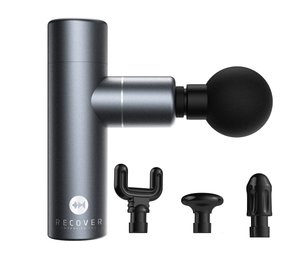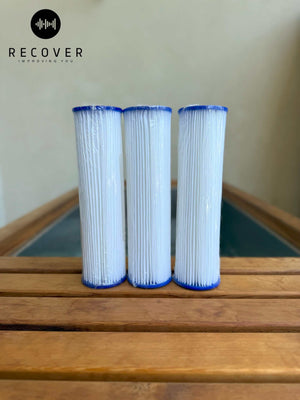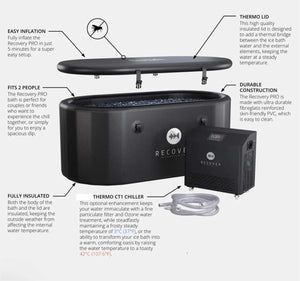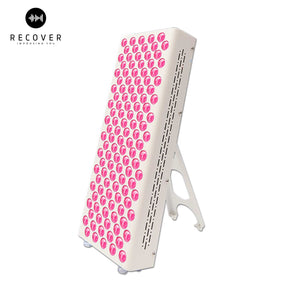
Cold water immersion, also known as cryotherapy, has gained attention for its potential benefits, not only in physical recovery but also in aspects of mental health. While the direct impact on brain health is still under investigation, emerging research suggests that cold water immersion may influence key neurotransmitters, offering a potential avenue for cognitive benefits.
Norepinephrine and Alertness:
One neurotransmitter that seems to be affected by cold water immersion is norepinephrine. Norepinephrine plays a crucial role in the body's stress response and is associated with alertness, attention, and mood regulation. Cold exposure has been linked to an increase in norepinephrine levels, potentially contributing to enhanced focus and cognitive function.
Dopamine and Mood Enhancement:
Cold exposure has been associated with increased dopamine release. Dopamine, often referred to as the "feel-good" neurotransmitter, is involved in reward processing, pleasure, and motor control. The release of dopamine during cold water immersion may contribute to improved mood and a sense of well-being.
Serotonin and Emotional Well-being:
Serotonin, a neurotransmitter known for its role in mood regulation, sleep, and appetite, may also be influenced by cold water immersion. Changes in serotonin levels could impact emotional well-being, making cold exposure a potential factor in mood enhancement and stress reduction.
Endorphins and Natural Pain Relief:
One of the well-known effects of cold water immersion is the release of endorphins. Endorphins are endogenous opioids that act as natural painkillers and mood enhancers. The stimulation of endorphin release during cold exposure may contribute to stress reduction and an overall positive mental state.
Adenosine and Relaxation:
Adenosine, a neuromodulator associated with promoting relaxation and sleep, may be affected by cold water immersion. The impact of cold exposure on adenosine levels could potentially influence neural activity, contributing to a more relaxed state. While the precise mechanisms of how cold water immersion influences neurotransmitters are still being explored, the emerging evidence suggests a potential neurochemical impact on brain health. The increase in norepinephrine, dopamine, serotonin, endorphins, and potential changes in adenosine levels during cold water immersion point towards a complex interplay between cold exposure and neural function.






















Leave a comment
This site is protected by hCaptcha and the hCaptcha Privacy Policy and Terms of Service apply.